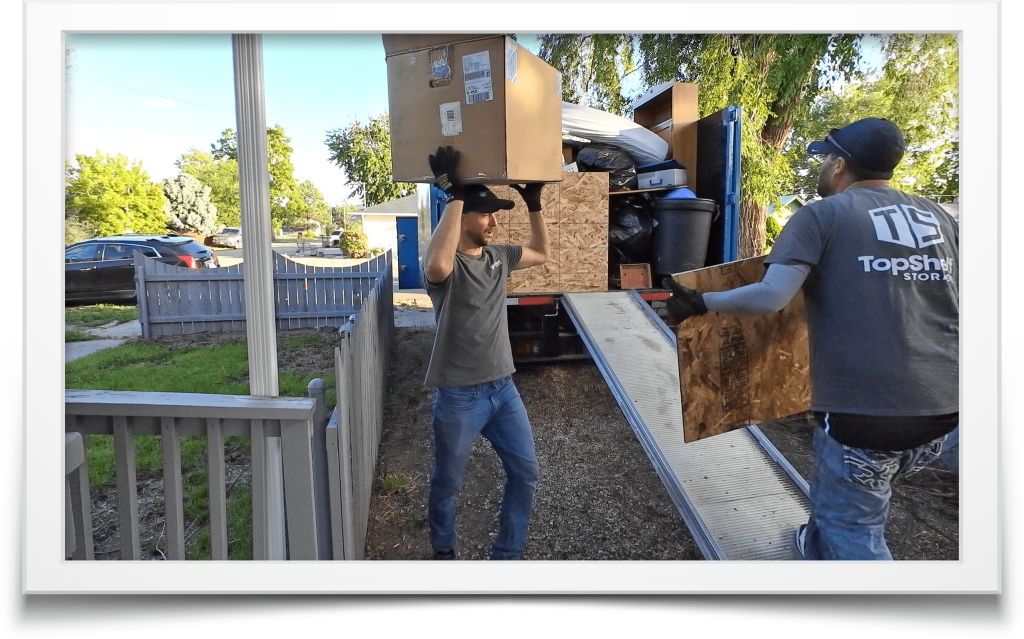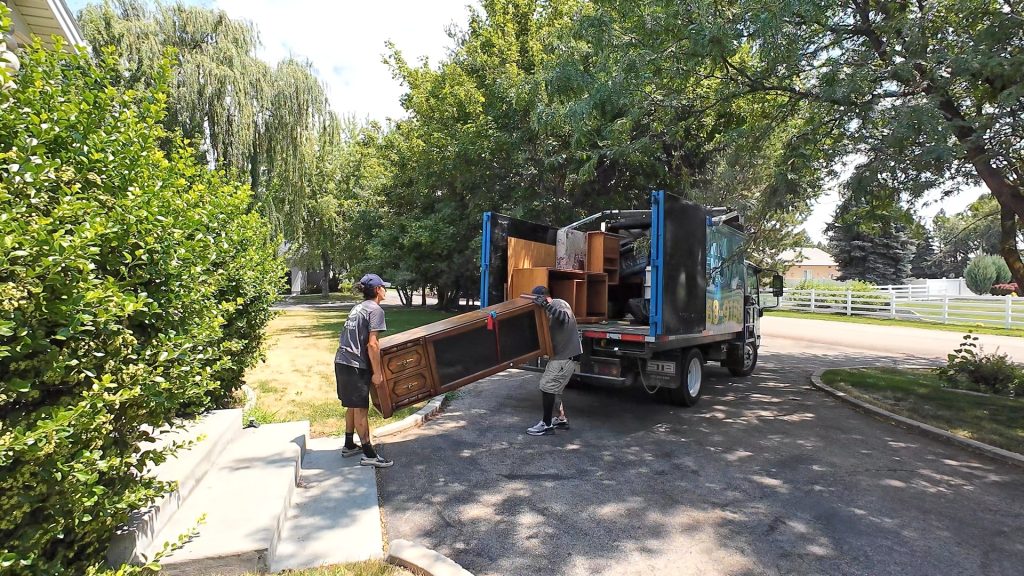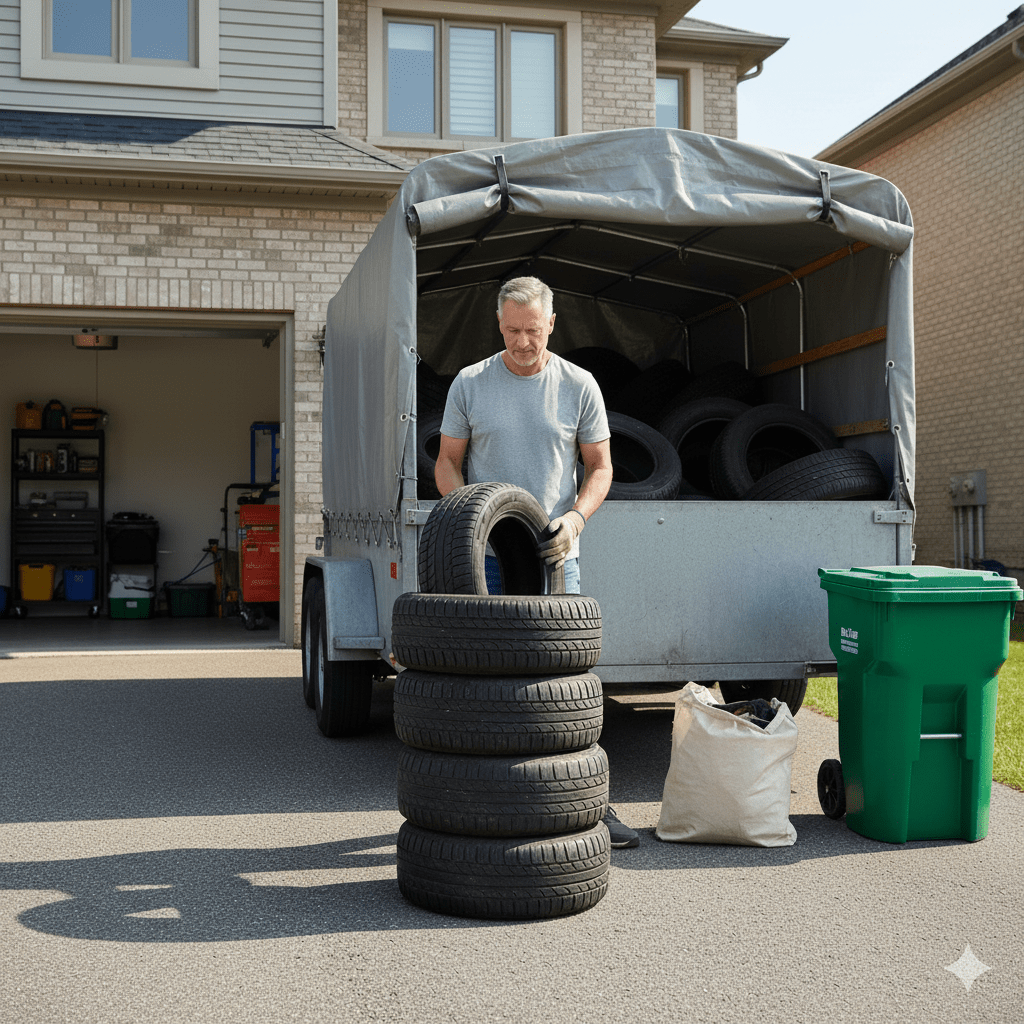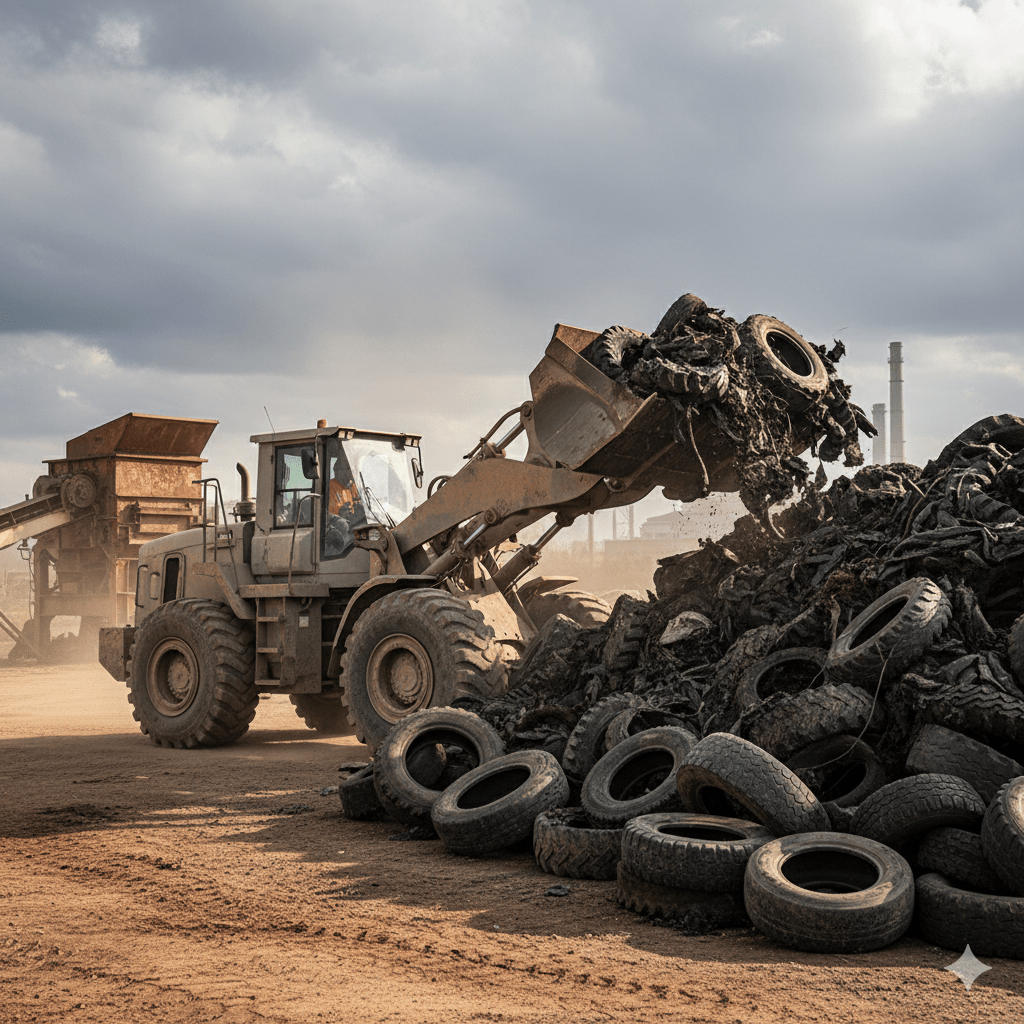Grief steals time and focus, but closets don’t wait. Estates turn tough months into a maze of boxes, deadlines, and family debates. Hiring estate cleanout pros isn’t giving up—it’s smart strategy. You hand the chaos to professionals who turn it into organized checklists, saving your sanity, your schedule, and often your money.
Time-Saving and Stress Reduction Benefits
Pros compress weeks into days because they show up with a plan, a crew, and a truck that isn’t your cousin’s.
- Single point of contact: One lead runs scheduling, access, donation drop-offs, and disposal—no calendar spaghetti.
- Sequence that beats overwhelm: Documents and valuables first, easy volume next, heavy items last, final clean at the end. Decisions happen in a useful order.
- Decision shielding: You approve rules up front (keep/donate/sell/trash). The crew executes without dragging you into micro-judgments every five minutes.
- Realistic timelines: Listing photos on Friday? Movers Monday? They back-plan from those dates and protect them like a mission.
Translation: You go from “How will we ever finish?” to “What time do you want the walk-through?”
Expertise in Sorting and Valuation of Items
Most houses hide money in plain sight—and most amateurs accidentally throw it away.
- Triage with trained eyes: They recognize sterling vs. plated, mid-century pieces with resale value, and when that “old camera” is actually worth something.
- Document discipline: Wills, deeds, titles, military records, bonds, tax files—captured first, logged, and handed to you, not lost under a pile of cookbooks.
- Resale channels you don’t have: Consignment partners, auction houses, specialty buyers for collections (coins, stamps, vinyl, model trains).
- Donation that actually sticks: They know what charities will accept today, not what they accepted ten years ago. Fewer rejected loads, more receipts you can use.
- Proof, not promises: Photo logs, itemized receipts, and a chain-of-custody for valuables so nothing “mysteriously disappears.”
Good crews don’t just remove; they re-house value where it belongs—your beneficiaries, your ledger, or a buyer who pays real money.

Safe Handling of Heavy and Delicate Objects
Pianos, safes, china hutches, marble tables—these are where DIY turns into ER.
- Technique over brute force: Stair sliders, piano boards, forearm harnesses, 4-wheel dollies, and lift plans that keep weight off drywall corners and human backs.
- Protection first: Floor runners, ram board on high-traffic lanes, corner guards, door jamb shields, moving blankets, shrink-wrap, and crate kits for glass.
- Team choreography: Spotters at landings, callouts on turns, and “hands off” zones where one person gives commands.
- Delicate handling: China sets, crystal, framed art, instruments—wrapped, tubed, or crated with the right materials (and labeled like adults).
- Insurance that actually covers it: If something goes sideways, you’re not negotiating with a cousin’s cash app.
Result: your keepsakes survive, and your walls still look like walls.
Comprehensive Cleanup and Sanitization Services
Empty isn’t the finish line. Move-in ready is.
- HEPA detail: High-dust surfaces, closet tracks, baseboards, vents—vac’d with filters that don’t blast allergens back into the air.
- Odor mitigation: Nicotine, pet, or “closed-up-for-years” smells treated with enzyme cleaners or ozone (used correctly, not recklessly).
- Targeted tear-outs: Stained carpet or compromised pads? They can pull, haul, and prep the subfloor for the next trade.
- Kitchens & baths presentable: Degrease, sanitize high-touch points, and polish fixtures so listing photos don’t need creative angles.
- Outside matters: Sweep garages, porches, patios; magnet-sweep for nails where workshops once lived.
- Receipts and photos: Before/after documentation you can hand to the realtor, the property manager, or the executor.
When pros leave, the place says “ready,” not “recently evacuated.”
Liability and Safety Considerations for Estate Properties
Risk doesn’t care how careful you feel. It cares how covered you are.
Certificates of insurance: General liability and workers’ comp, with your address named on the COI. Verify dates and limits.
- Trained around hazards: Lead-safe practices, mold precautions, sharps protocol, lockout/tagout on appliances, and HHW (household hazardous waste) procedures that keep you legal.
- Utility certainty: Documented power/gas/water shutoffs in tricky situations so no one finds a live surprise.
- Background-checked crews: You’re letting strangers into a house with valuables— make sure they’re vetted by someone other than “we trust our guys.”
- Permits and compliance: Loading zones, elevator reservations, HOA rules, and city dump regulations handled without you learning them the hard way.
Bottom line: your property, your neighbors, and your executor sleep fine because the paperwork is as tight as the work.
Why it pencils out
Pros shorten timelines, surface resale value, avoid disposal mistakes, protect the property, and hand you a tidy packet of receipts. That’s not a luxury—that’s a financial plan disguised as a truck and a crew.
Bottom line: Hire for process, not promises. The right estate cleanout team turns a heavy chapter into a handled one—faster, safer, cleaner, and with fewer “we didn’t think of that” charges. When the door closes on the last load, you’re not left with a mess or a maybe; you’re left with a space that’s ready for what’s next.






